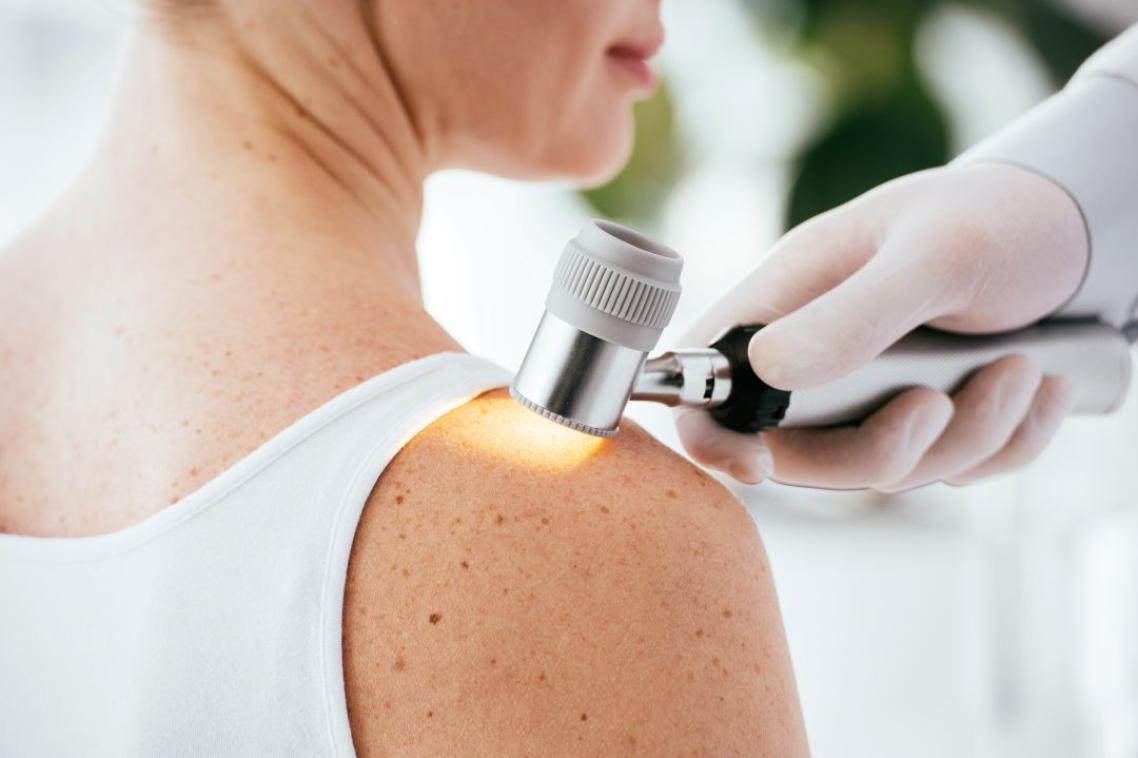New guidelines for early menopause diagnosis and management

University of Queensland research has led to the development of a practical framework to help medical professionals around the world diagnose and manage early menopause.
Led by Professor Gita Mishra from UQ’s Faculty of Medicine, the study found women who go through early menopause are often unable to access timely diagnosis and effective treatment and maybe at higher risk of chronic disease, like osteoporosis and heart disease.
“Early natural menopause affects around 12 per cent of women globally and is defined as the cessation of periods between the ages of 40 and 44 years,” Professor Mishra said.
“The diagnosis of early menopause is often not straightforward unless a clear medical cause, like surgery or cancer treatment, is identified.
The study recommends that instead of applying distinct age thresholds, early menopause should be seen on a spectrum between premature ovarian insufficiency (menopause before 40) and menopause at the average age of 50 – 51 years.
“We recommend a more holistic and individualised care approach to managing early menopause,” Professor Mishra said.
“This approach could be part of a broader attitude to reproductive health that ideally engages with individuals, especially those at risk of early menopause, well before it occurs.
“This would raise awareness of the short and long-term risks of early menopause and provide an opportunity for a broader discussion with patients about heart and bone health, and whether the use of hormonal and non-hormonal therapies are appropriate to treat vasomotor symptoms.”
The study also highlighted the need for more research in the areas of early menopause and premature ovarian insufficiency.
“There are important evidence gaps, particularly in middle- and low-income countries, around the causes, the associated health risks, and optimal management of early menopause,” Professor Mishra said.
“This is particularly important for Australia because we have a diverse population.”
“Governments should be encouraged to look beyond reproductive and child health programmes and consider the health consequences of ageing and the management of menopause-associated conditions, including menopause support in the workplace.”
Senior-author Professor Martha Hickey from The University of Melbourne said more information was urgently needed about the unmet needs of people going through early menopause.
“It would be valuable to know whether they experience more severe symptoms and for a longer duration, than those who go through menopause at the average age,” Professor Hickey said.
The research paper, “Optimising health after early menopause” has been published as part of The Lancet 2024 Series on menopause.
Media contact
UQ Communications
communications@uq.edu.au
+61 429 056 139.
Topics
Related articles
Brisbane woman runs 50km for 50 days to break barriers for para-athletes

Study challenges conventional wisdom on a common cause of melanoma
Media contact
UQ Communications
communications@uq.edu.au
+61 429 056 139
